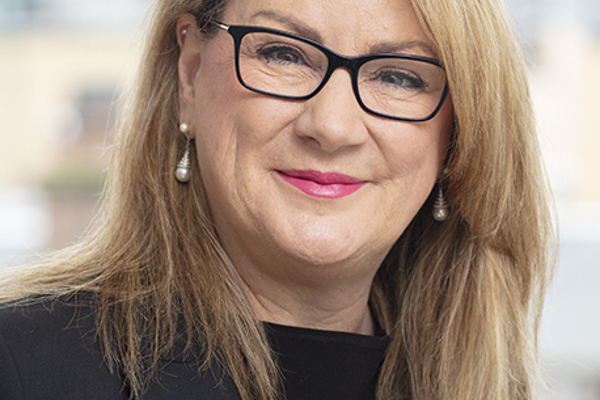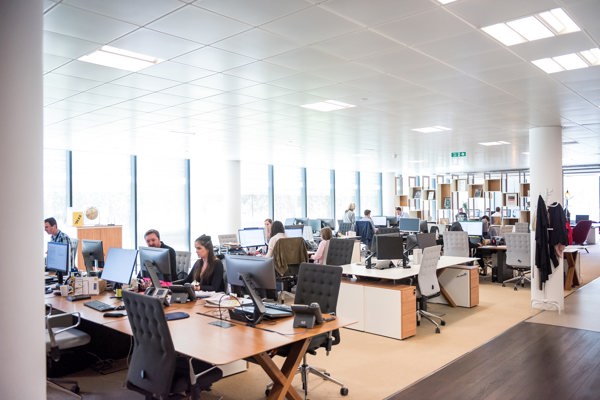What initially drew you to a career in law?
A desire for fairness and too many court room dramas!
When you joined Morton Fraser, now Morton Fraser MacRoberts, as a trainee, did you envision yourself specialising in private client work?
I was lucky enough to have a really varied traineeship - I spent time in the Family Law team, Corporate Banking, Commercial Property and Private Client. This also gives you the opportunity to get to know lots of people at the firm in various teams and roles.
At university, private client was never a standout subject for me, but it is so different in practice. I learnt that really quickly as a trainee. I had a great deal of client contact and a good level of independence with files which helped accelerate my learning. A few months in and I knew private client work was something I could see myself doing in the long term. I continue to take pride in being able to assist clients during what can be really difficult periods in their life.
What are some key moments or experiences during your time with the firm that shaped your professional growth and led you to where you are today?
As a trainee in the private client department, I was always given the opportunity to attend client meetings with partners and other senior members of the team. There was never a single meeting I came out of where I hadn't learnt something. Not only did this continuously teach me pieces of obscure knowledge in response to client queries but it was also invaluable in letting me observe and develop soft skills: how to run a meeting, how to deal with tricky questions, how to prepare for a meeting and anticipate what might come up.
Organisation is so important but so is accepting that you will not always know the answer. It is better to take the time to look into something, consider all the circumstances, discuss with colleagues and then provide the best advice.
What specific skills or qualities do you feel have been crucial to your success, and how have you honed them over time?
Continuing to improve your technical abilities is, of course, important - I chose to undertake the STEP Diploma in Trusts and Estates. As anyone who has done it will know, studying alongside a full time job is full on, but it was 100% worthwhile. I also continue to learn from the great people around me and never stop asking questions.
Beyond that, I think you really need to get to know your clients, their families, and their needs, to be able to provide them with the best advice. Quite often you find it is only once you have built a good relationship that clients are willing to divulge the information you require to provide them with the best advice.
Good communication is essential, which means you should always aim to keep clients updated about what is going on and ensure they understand your advice.
Your role, responsibilities, and client relationships have undoubtedly evolved throughout your career. Can you give us some insight into your experience?
As you build your client bank and your experience over the years, it is very rewarding to have returning clients, to know you have a good professional relationship and that they trust you to assist them again and to do a good job. There is a point in your development where things fall into place somewhat and you move from being the assistant to being the main client contact.
In my path from trainee to partner, this has been a steady progression and I have always felt supported. The ability to discuss my cases with those around me has always been important and that's something I am also more than happy to do with others.
As a partner, you play a significant role in mentoring junior lawyers. What advice would you give to those starting their legal careers?
Be open minded and be positive:
- we all have preconceived ideas about which area of law we want (or don't want) to experience as trainees but you never really know until you try something.
- Positivity is a wonderful thing to be around and has a great impact on a team.


